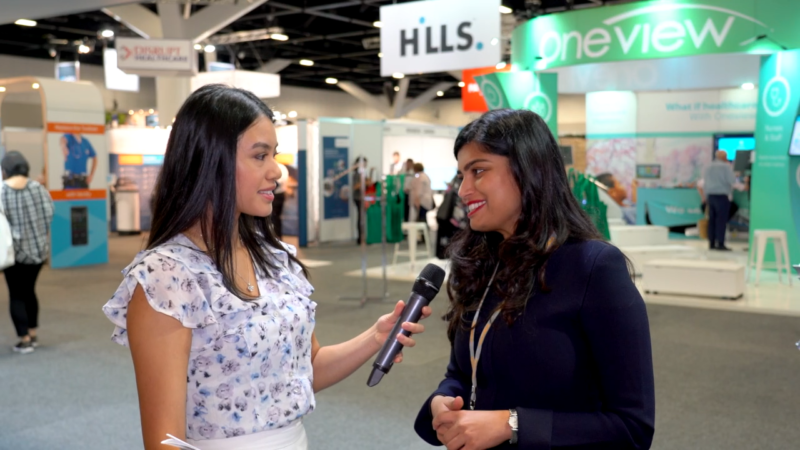Continuing the Australian Health Journal, Pioneers in Health Care series, Geriatrician Professor Susan Kurrle, Curran Professor in Health Care of Older People at the Faculty of Medicine and Health, University of Sydney AO spoke after receiving the Australian Healthcare and Hospitals Association 2022 Sidney Sax medal award.
The Sidney Sax medal is awarded for outstanding contributions to the development and improvement of Australia’s healthcare system.
Professor Kurrle is a practicing geriatrician for the Northern Sydney Local Health District (NSLHD), specialising in the areas of dementia, frailty, elder abuse, successful ageing, and intergenerational care. In addition to her work at NSLHD, Professor Kurrle is the expert geriatrician leading the work on the internationally award-winning ABC TV documentary series ‘Old People’s Home for 4 Year Olds’.
This series showcased the benefits that intergenerational care programs can have, and their ability to promote participation and social connectedness, increasing happiness, dignity, and self-esteem for all participants.
‘Professor Kurrle’s work on the many aspects of care for older people, is an area in need of champions who take a holistic approach to their health and well-being,’ says AHHA Board Chair, the Hon Jillian Skinner.
As a well-respected leader and expert driving the research agenda in dementia and aged care, Professor Kurrle has been co-designing services with general practice for several years.
‘The Geriatric Rapid Acute Care of the Elderly or GRACE program, co-designed by Professor Kurrle, is a ground-breaking approach to helping treat older patients in the appropriate setting, be it the home, or aged care settings, rather than in emergency departments.
This program was better not only for the patient, but for hospitals struggling to meet demand for services.’
The GRACE model has since been adopted by many other Local Health Districts, now more commonly known as ‘rapid-response teams’ and ‘geriatric flying squads’.
‘Her work across professional groups, and in using an inter-generational and educative approach, has been of great benefit to older people, their families and the Australian health system as a whole.’
Australian Health Journal spoke to Professor Kurrle about commencing her work initially on bringing elder abuse to public attention, in particular to health professionals. Through her work she has also advocated the use of hip protectors and managing falls and frailty. Her work today continues on tackling ageism and in successful ageing.
The 2022 Sidney Sax medal award presentation took place on the 26th of October 2022 at the National Portrait Gallery of Australia, Canberra.
You Might also like
-
Dr Anjali Jaiprakash, Robobiologist from Queensland University of Technology
Dr Anjali Jaiprakash is a robobiologist working at the intersection of medicine, engineering and design, with a transdisciplinary approach to develop medical devices that translate robotic vision into affordable systems that can be used to improve healthcare outcomes. Anjali has experience in the fields of medical robotics, medical device, orthopaedics, trauma, bone and cartilage biology. She spoke with Anne Dao following her talk “The Robot Doctor Will See you Now” at Australian Healthcare Week 2019.
Post Views:
2,353 -
South Australia prioritises preventive health
On 28th November 2024, the SA Parliament passed legislation to make preventive health a key part of South Australian health system for the first time, through a new agency aptly named Preventive Health SA.
Preventive Health SA will lead evidence-informed and innovative action to prevent and reduce the burden of non-communicable health conditions and improve health equity across the South Australia population.
-
Evolution of the pharmacy tribe
The past 18 months has shown the strength of Australian pharmacies in ensuring accessibility, credibility and maintaining rapport with the community to administer COVID-19 vaccinations, handle electronic prescriptions and looking to play an integrated role in aged care.



